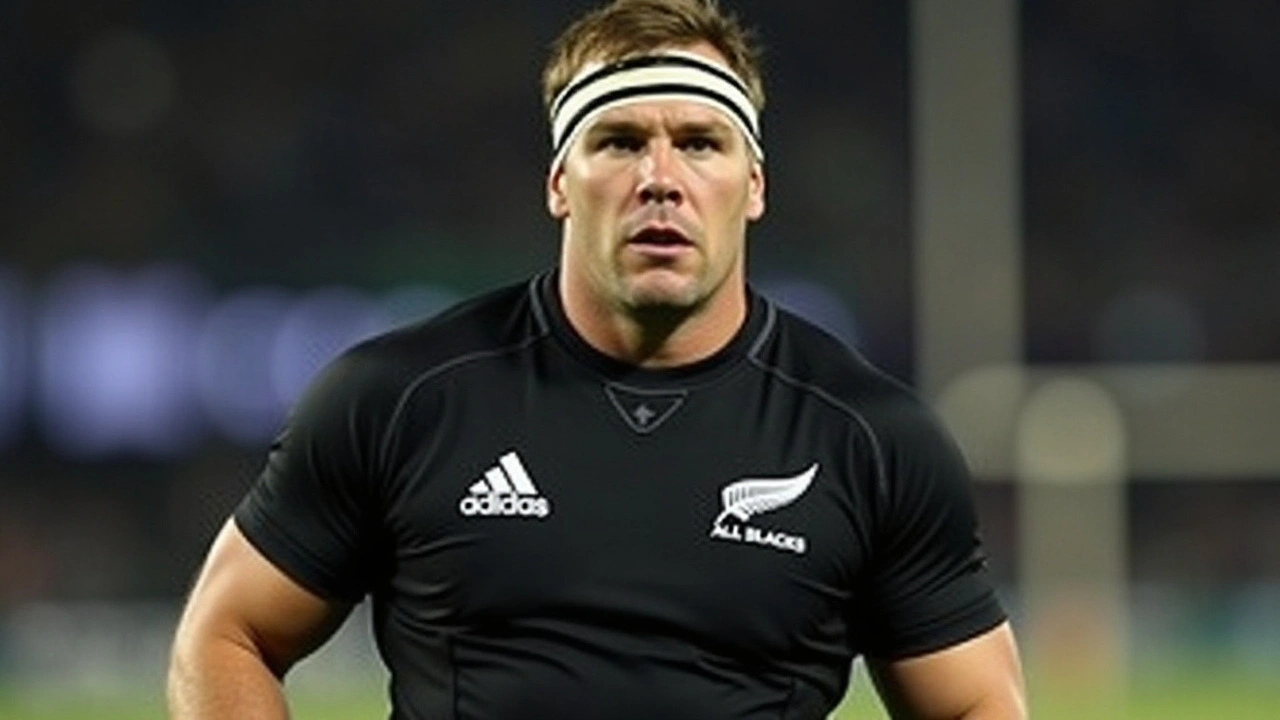Ask any rugby player what matters most out there, and you'll hear a lot about respect—respect for teammates, opponents, the officials, even the unpredictable bounce of the ball. Rugby sportsmanship isn’t just about shaking hands after a match or giving three cheers for the losing side. It runs far deeper. It’s about how you play, what you say, and the way you react, both when you’re on top and when you’re on the ropes.
You know those moments when the game gets rough and tempers start to flare? In rugby, it’s normal for tackles to be hard and competition to get fierce. The real difference comes from how players respond. A true sportsperson helps an opponent up after a tough collision. They never argue with the ref—even when the whistle doesn’t go their way. Sounds simple enough, yet it’s tough in the heat of the moment.
If you watch top-level matches, you’ll see influencers like Siya Kolisi, Richie McCaw, and Sarah Hunter setting the example. Kolisi, South Africa’s World Cup-winning captain, is known not just for his hard hits but for standing up for both his team and the opposition. After a bruising match, he’ll often say, “We’re all just people trying to play the best we can.” That mindset keeps rugby different from most other intense sports.
What’s surprising is how seriously players treat the idea of fair play, even at the grass-roots level. In schoolboy and club rugby across Africa and beyond, the unwritten rule is: cheap shots and dirty play won’t earn you respect. Coaches encourage players to play hard but fair, knowing reputations stick around much longer than the final score.
The referees play a crucial part. In rugby, the ref’s word is law, and it’s accepted without backchat. If a player mouths off, they’re often penalized or even sent off immediately. That culture of respect for authority sets rugby apart from many other sports with constant arguments over decisions. You’ll often hear, “Yes, sir,” or “Thanks, ref,” even when a harsh call goes against the home team. It’s drilled into everyone from an early age.
This spirit stretches into everyday life too. Rugby people talk about the “rugby family,” a sense of looking out for each other that crosses teams, borders, and backgrounds. Players will drop everything to help someone from the wider rugby community—on or off the pitch. You might even see rival fans sharing a drink and a laugh after a bruising derby match. That’s not cliché, it’s just how it is in the game’s circles worldwide.
Even as the sport grows faster and more competitive, genuine sportsmanship continues to get tested—sometimes stretched, but rarely broken. Occasional foul play or controversy gets called out not just by officials but by teammates who want to protect the game’s integrity. Real rugby values are still passed on, from veterans to rookies, because those values matter just as much as winning.
So, why does rugby keep this culture strong? It’s not just tradition. Ask anyone who’s played a few seasons. The respect, honesty, and camaraderie stick with you longer than any single win or loss. If you want drama and hard hits, rugby has that. If you want proof that respect can survive even a 40-phase match under the African sun, rugby’s your sport. That’s what real rugby sportsmanship is about—straightforward, no nonsense, always earned.

Sam Cane recounts the heartwarming support and empathy he received from Springboks coach Rassie Erasmus after suffering a severe neck injury in 2018. The visit to the hospital and the display of sportsmanship left a lasting impact on Cane, highlighting the mutual respect in professional rugby.
Read More >>